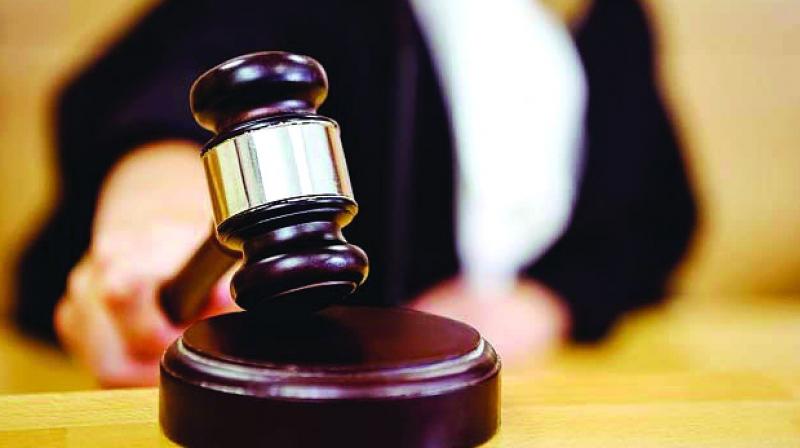SFIO challenges NCLT probe orders
The government view is that the insolvency tribunal has no jurisdiction to pass such probe orders.

New Delhi: Has the National Company Law Tribunal (NCLT) exceeded its brief by asking the Serious Fraud Investigation Office (SFIO) to probe cases? The central government thinks so. The Union of India, on behalf of the SFIO, has moved the appellate tribunal (NCLAT) against the NCLT orders that directed the probe agency to investigate the affairs of two companies.
The government view is that the insolvency tribunal has no jurisdiction to pass such probe orders. The matter came up for hearing last week before the NCLAT, which stayed the order of the principal bench of the NCLT directing probe into the matters of Luxury Train and Zynke Exports.
In a petition filed before the NCLAT, the SFIO submitted that it, being a statutory investigative office, can be directed only by the Ministry of Corporate Affairs (MCA) for probes.
“Until further orders, the operation of the impugned orders dated July 24, 2019 and July 26, 2019 as impugned in these appeals shall remain stayed, in so far as relates to the direction to SFIO to investigate the matter,” said a three-member NCLAT bench headed by Justice S. J. Mukhopadhaya on September 19.
However, the NCLAT bench also said the proceedings will continue in accordance with law and directed them to post both the appeals for orders on October 22, 2019. Passing two orders on July 24 and July 26, respectively, the Delhi-based principal bench of the NCLT had rejected the SFIO’s plea to modify the order and direct the Regional Director (Northern Region) to probe the affairs of the two companies.
The SFIO contended that the NCLT does not have the jurisdiction to direct such investigation under the Companies Act.
It argued that the NCLT has erroneously exercised its powers under the Companies Act and exceeded the scope of its jurisdiction. The SFIO also contended that the investigation was ordered by the NCLT in purported exercise of its powers under the Companies Act but while hearing the matter under the Insolvency & Bankruptcy Code.

